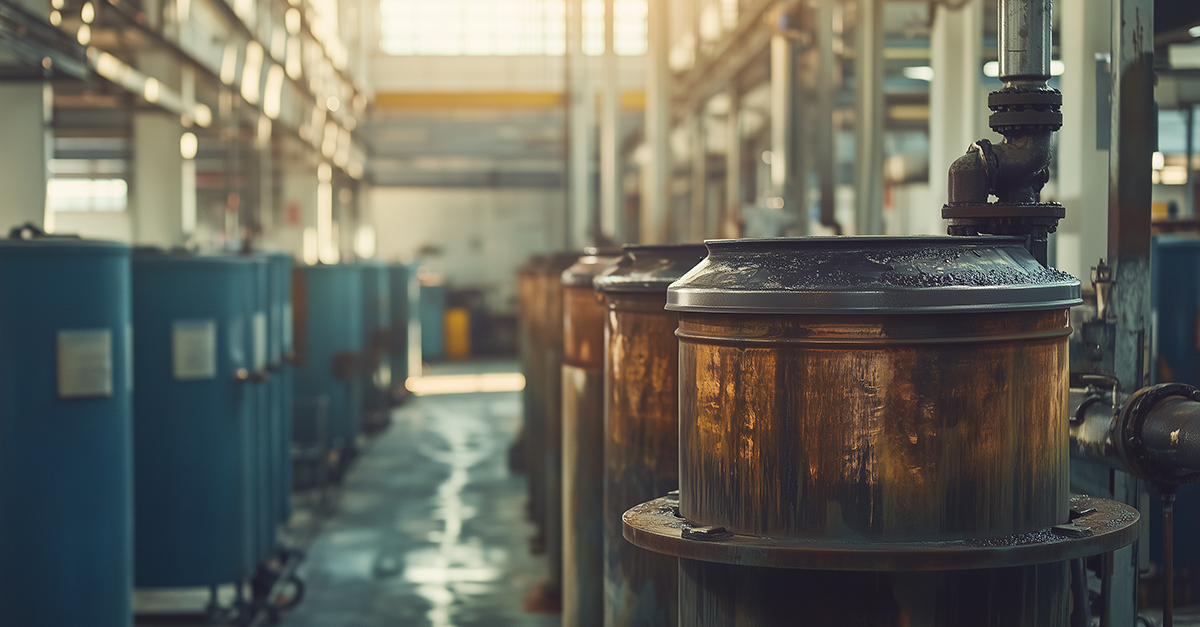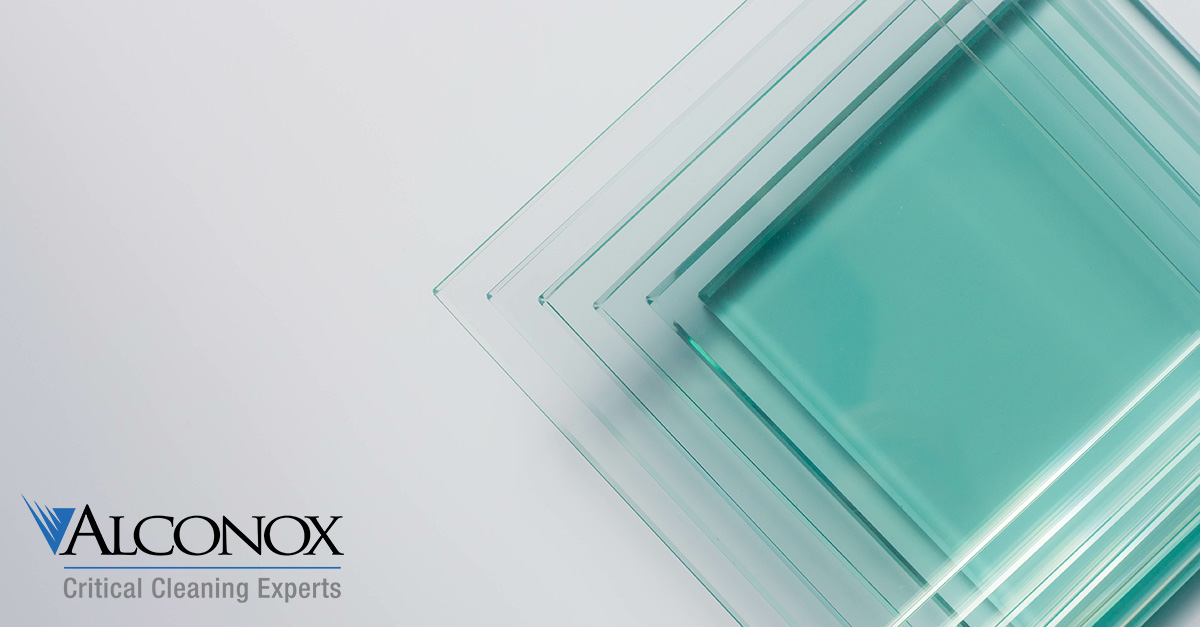Cleaning Copper and Cobalt Stains
Q: We are an environmental services provider. What do you recommend to remove copper and cobalt stains from pumps and flooring under a plating line?
A: To remove copper and cobalt stains from pumps and flooring with stainless steel and plastic surfaces, we would highly recommend Citranox® Liquid Acid Cleaner and Detergent, used at….
Combining Detergents for Difficult Pharma Residues
Q: We are one of your dealers and we received a call from a pharmacy technician who is looking to manually clean and neutralize hormone and vitamin residues from labware. She is interested in combining Alcojet and Detonox. Would that combination be a good starting point? A: Combining detergents can open a whole new world if you will of cleaning applications….
Liquinox Vs Luminox For Environmental Cleaning
Q: We are an environmental lab and updating our equipment cleaning procedures. We are curious about the difference between Liquinox and Luminox? A: As discussed in Comply With EPA Field Equipment Cleaning and Decontamination, the EPA recommends….
A Solution For Using An Expired Detergent Solution
Q: Is there any damage that could be caused to our parts if they were washed in the Liquinox Solution after being expired for 5 days? Would reprocessing the products in Non Expired Solution be a safe resolution? A: As discussed here, Using Expired Detergent, the cleaning in expired Liquinox detergent….
Cleaning Soda Lime Glass
Q: Our substrate is coated soda-lime glass. It is coated in indium tin oxide, and/or fluorinated tin oxide. We are unable to remove salt/scale and would like to use detergent only and no volatile solvents. What does Alconox Inc. recommend?
A: For cleaning residues like indium tin oxide and fluorinated tin oxide from….




